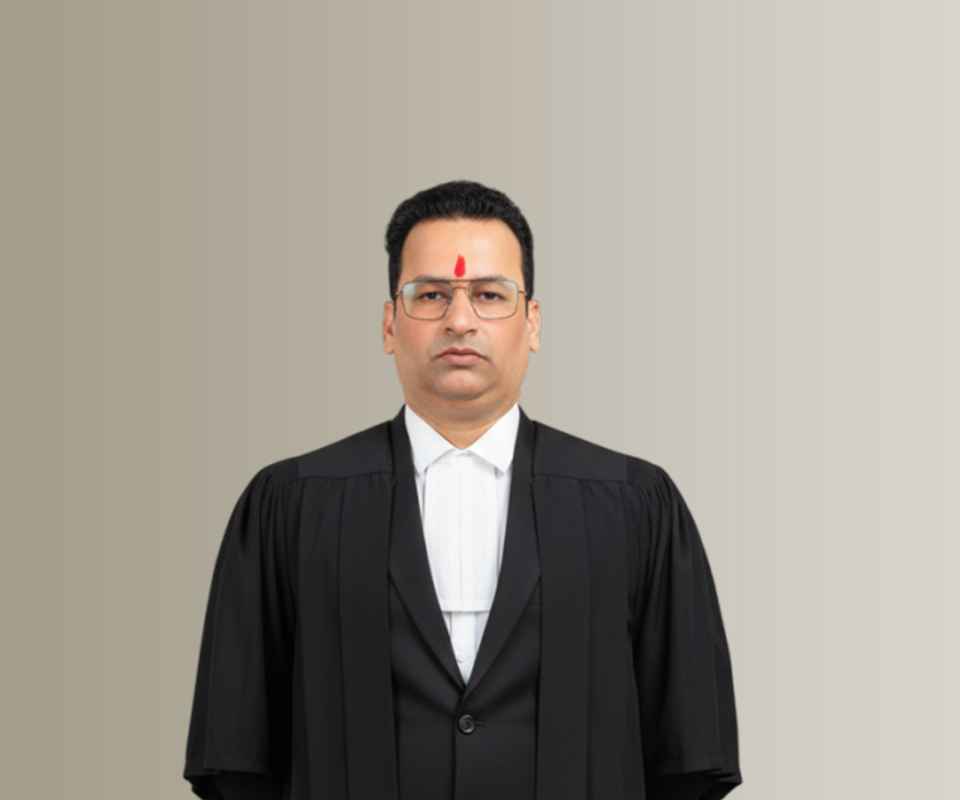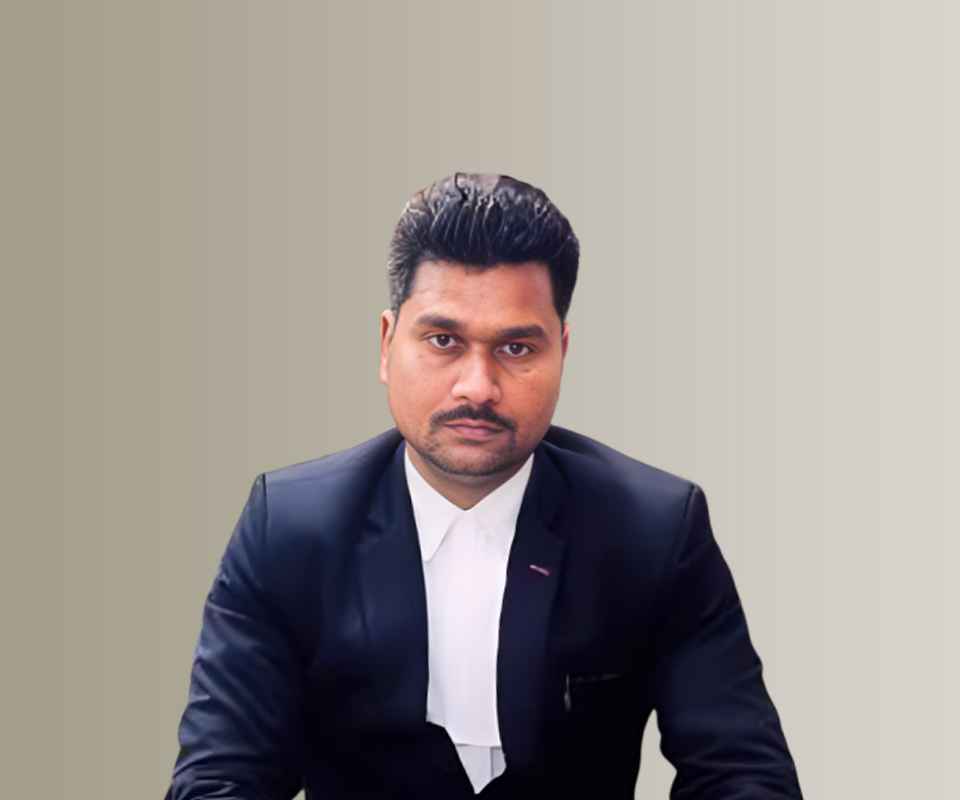Answer By law4u team
Constitution of India Article 113: Procedure in Parliament with respect to Estimates
(1) So much of the estimates as relates to expenditure charged upon the Consolidated Fund of India shall not be submitted to the vote of Parliament, but nothing in this clause shall be construed as preventing the discussion in either House of Parliament of any of those estimates.
(2) So much of the said estimates as relates to other expenditure shall be submitted in the form of demands for grants to the House of the People, and the House of the People shall have power to assent, or to refuse to assent, to any demand, or to assent to any demand subject to a reduction of the amount specified therein.
(3) No demand for a grant shall be made except on the recommendation of the President.
Brief Detail
Article 113 deals with the procedure in Parliament concerning the presentation of expenditure estimates. It divides expenditure into two categories: expenditure charged on the Consolidated Fund of India, which cannot be voted on, and other expenditure, which is submitted to the House of the People for approval. The House of the People can approve, reject, or reduce the amount specified for the expenditure. Additionally, no demand for a grant can be made without the President's recommendation.
Question & Answers
What is the procedure for submitting estimates to Parliament?
Expenditure charged on the Consolidated Fund of India is not subject to a vote, though it can be discussed in Parliament. Other expenditure is submitted as demands for grants to the House of the People, which can approve or reduce the specified amount. The President’s recommendation is required for making such demands.
Can the House of the People reduce the amount of expenditure in the estimates?
Yes, the House of the People can approve a demand for grants, refuse it, or approve it with a reduction in the specified amount.
Example
If the government seeks funds for defense expenditure, that part of the budget is charged on the Consolidated Fund and cannot be voted upon. However, the government may present other expenditure proposals (such as for public health) as demands for grants, which the House of the People can approve, reject, or reduce.
Summary
Article 113 outlines the procedure for handling expenditure estimates in Parliament. It distinguishes between expenditure charged on the Consolidated Fund of India (which is not voted upon) and other expenditure (which is subject to approval, reduction, or rejection by the House of the People). Additionally, it mandates that no demand for a grant can be made without the President's recommendation.






